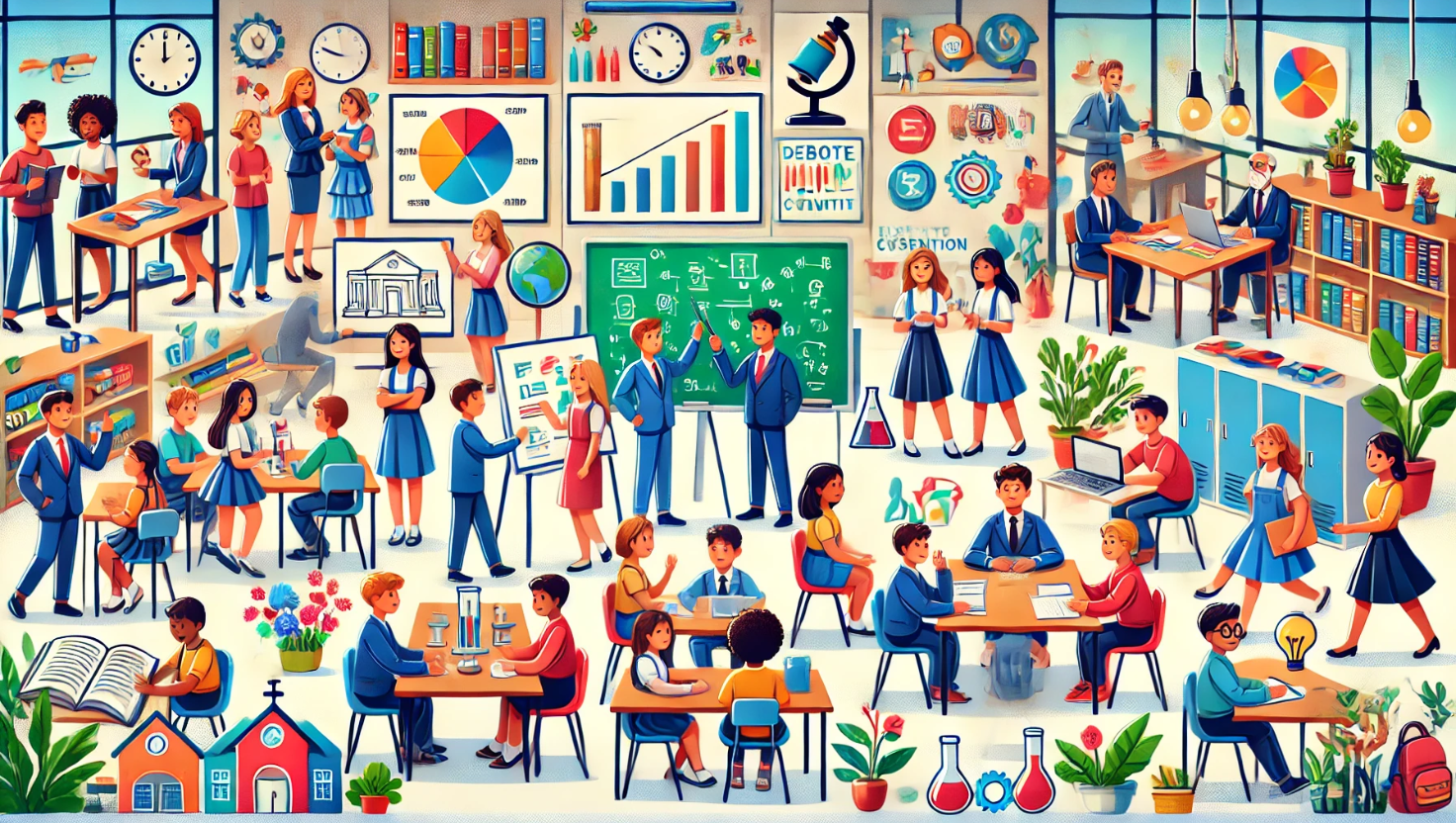The Significance of Curricular Activities for Students
Learning is not merely about exams and textbooks; it is about development. Academic activities, such as educational projects, presentations, debates, and experiments, are significant in the overall development of a student. These activities complement classroom learning and provide students with essential skills that help them overcome challenges in the future.
1. Improving the Learning Experience
Curricular activities fill the gap between theory and practice. Activities like science fairs, research projects, and case studies enable students to relate classroom lessons to real-life situations, enhancing learning effectiveness and interest.
2. Building Critical Skills
Participation in academic projects, essay writing, and group discussions improves the analytical, communication, and problem-solving skills of the students. These are essential skills to academic achievement and professional life.
3. Building Confidence and Creativity
Public speaking, creative writing, and arts and crafts activities promote students to communicate confidently and think creatively. Debates and presentations help students learn the art of communicating ideas clearly and convincingly.
4. Fostering Teamwork and Leadership
Group work, student council, and class discussions help develop teamwork and leadership skills in students. They can work with different ideas and are held accountable for group objectives.
5. Enabling Physical and Mental Wellness
Including curriculum activities like physical education, yoga, and mindfulness activities enables physical and mental balance. They assist in minimizing stress, concentration, and overall well-being.
6. Career Preparedness
Involvement in practice activities boosts the employability of the students. Research activities, internships, and presentations provide students with hands-on experience so that they can prepare themselves for future jobs. These types of activities build the confidence level of the students and make them flexible in the workplace.
Conclusion
Curricular activities are part and parcel of education, and they promote intellectual development, imagination, teamwork, and self-assurance. It is the duty of schools and colleges to promote these activities together with studies so that the students get a proper education. The activities help the students not just to perform better academically but also help them develop skills for a better future.
